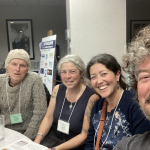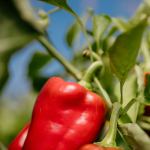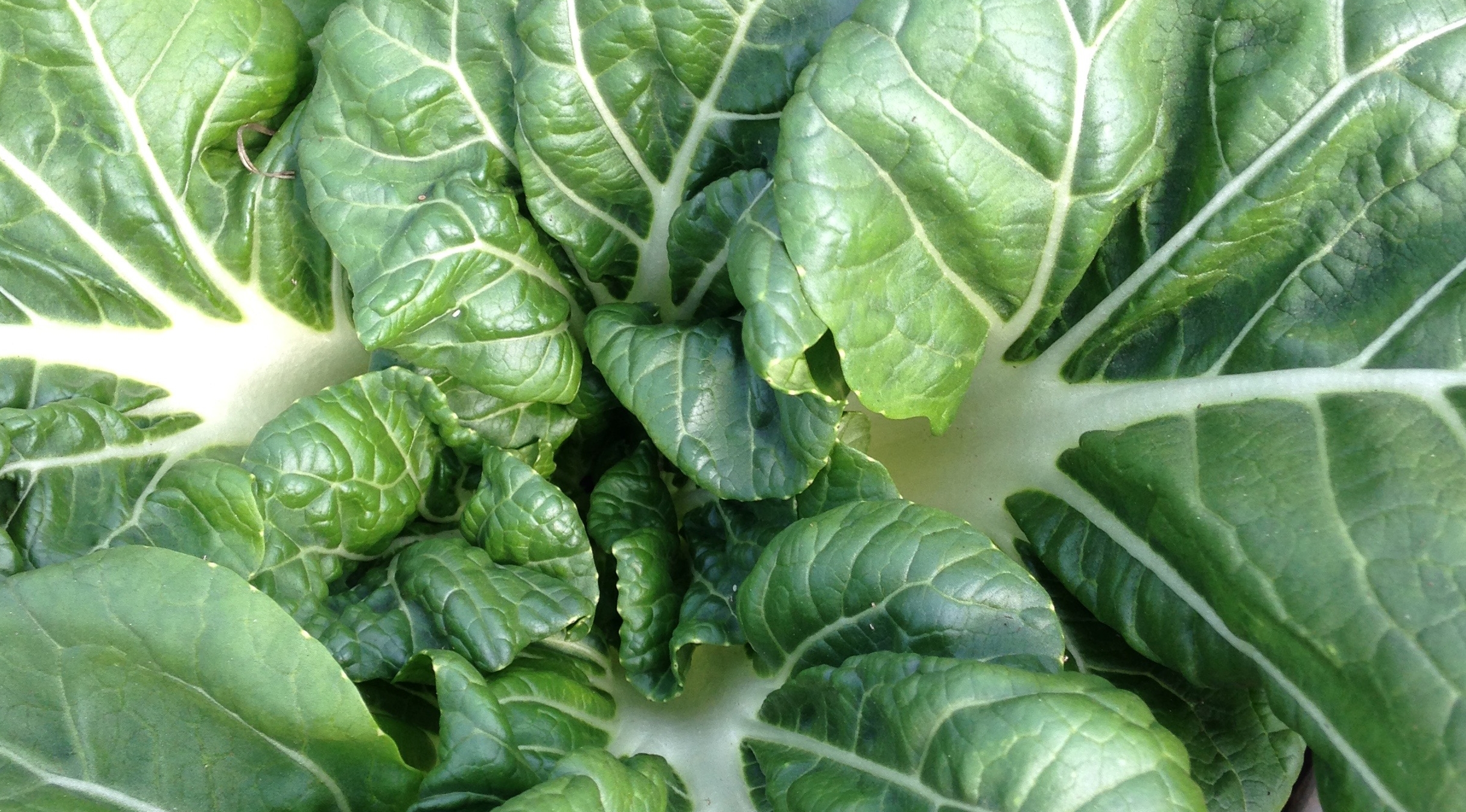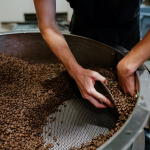Biodynamic Farm Story: Peeking Behind the Wall
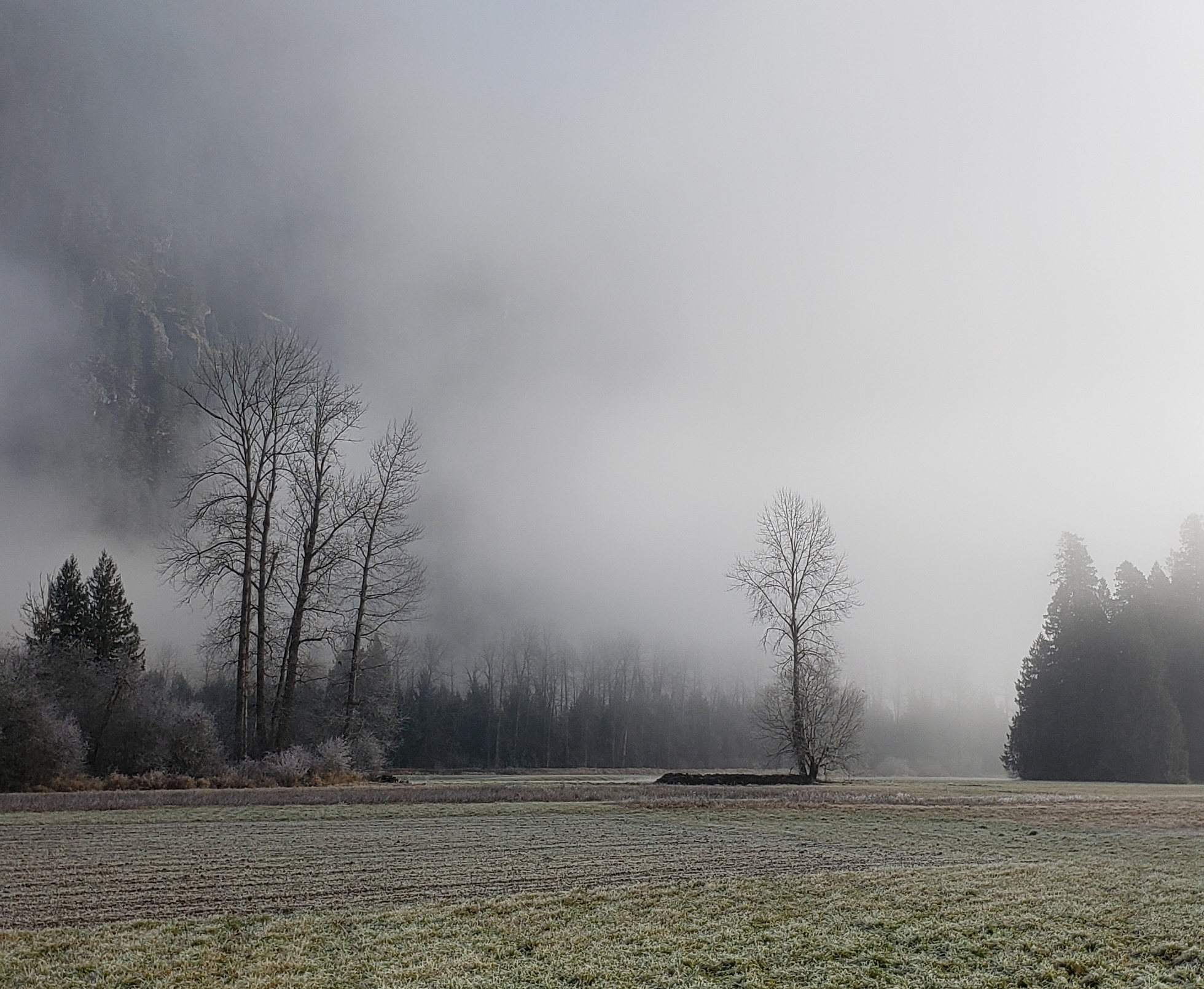
Anna Helmer
Before I get rolling on this, the fourth installment of Biodynamic Farm Story, I need to remind anyone still reading that I am pushing this farming method because I believe in it. It works for the plants, the soil, the farm, the people, and the world. I think it should be in the very thick of the mix at any conversation about the future of farming. Just so we are clear.
In this article, I will approach the odder, less willingly grasped aspects of Biodynamics. I am doing so because you can’t write about Biodynamic farming without talking about things like stars, planets, and esoteric life force theories. It’s like calling yourself a potato farmer but not growing a red potato. Further elaboration on this metaphor will not be provided.
There is an upside. While I cringe trying to seriously relate certain aspects of Biodynamic practice to skeptical farmers, I absolutely love that there is a farming method such as this one to hold in contrast to mainstream farming practices and the cheap, processed and ubiquitous food that emanates from them. For arguments sake, consider a Biodynamic can of pop. It would cost around $7,000, there would only be six produced per year, and probably it would be served in an earthenware bowl. The calculation is suspect. I had to account for all the Biodynamic Preparations and the years of using Biodynamic methods that would have to be applied to heal the earth from the assault of the chemicals necessary to make the high-fructose corn syrup. I have no idea. I know for certain, however, that the farms from which spring grocery store pop would struggle to produce even close to six other vegetables that could be eaten without processing.
The point, and I think I have one, is that Biodynamic farming offers a charming counterpoint. For every bit of nano-chemical, crop protection, and data science gobbledygook, Biodynamics has planetary conjunctions, compost preparations, and etheric formative forces. Both systems feed people but one is making them fat and sick, the other is not.
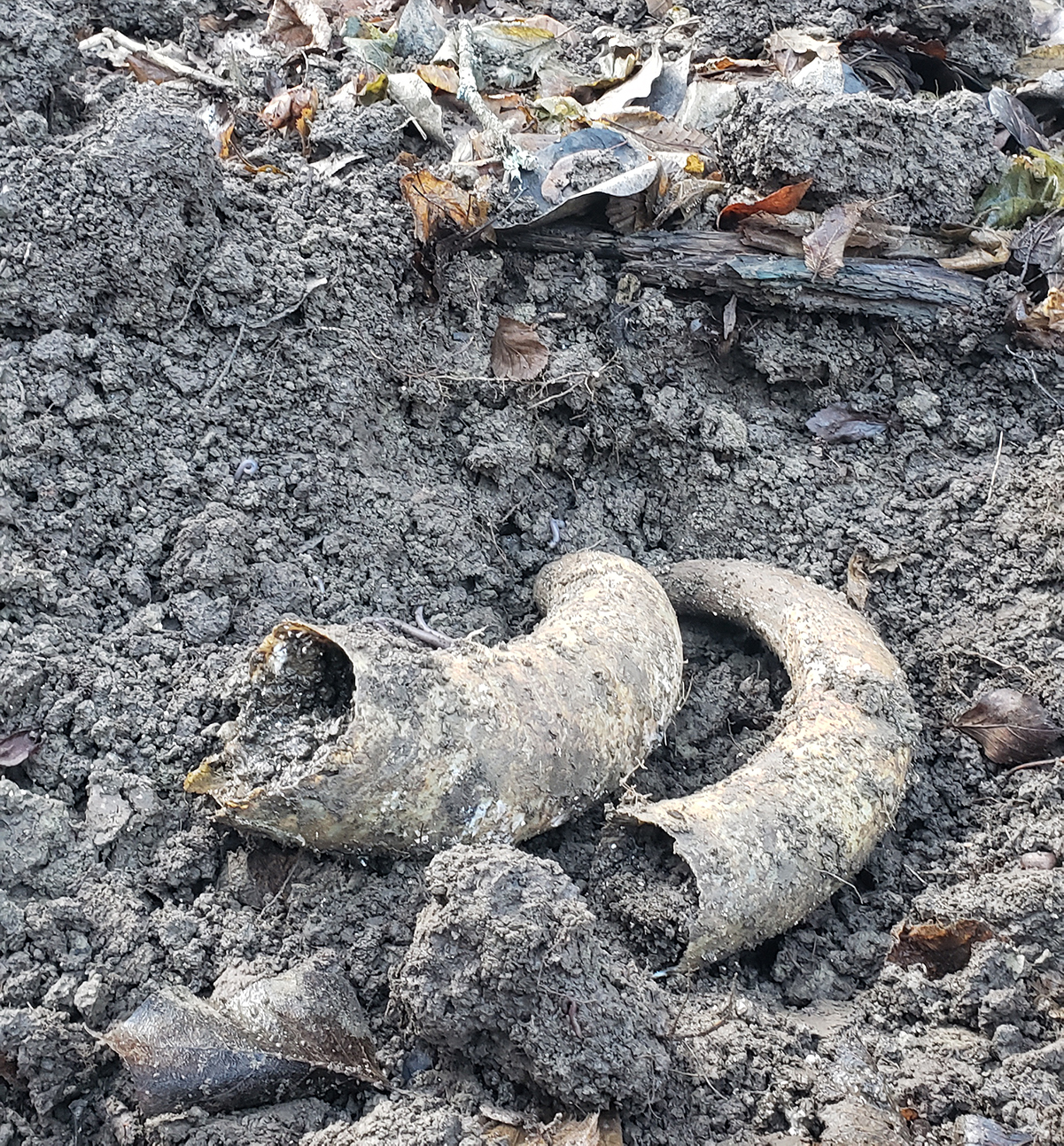
I therefore insist that Biodynamic farming is totally legit, notwithstanding the fact that engaging in it requires leaps of faith, suspension of beliefs, and cognitive dissonance. It’s as easy as changing your mind. Those devoted to the cycle of soil testing and amending are not expected to cease those activities; they are merely asked to accept that they need to do more to enable their plants to access the infinite energies contained in the universe.
It’s secretly super easy to be a Biodynamic farmer. To start the transition, accept that lots of stuff goes on that you don’t know about and wouldn’t understand anyways. That done, move on to the idea that your plants probably understand the Biodynamic system better than you. Next steps: use the preparations, plan farming activities using the handy calendar provided, fill out your certification application papers, and provide the small fee in a timely fashion. That’s all there really is to becoming a Biodynamic farmer.
There is more, and some may wish to do more, and for them there is limitless scope and material available. Speaking for myself, I really have to admit that I find Biodynamic farming fun as long as I don’t have to think too hard about it.
As I expected would happen when I began this journey to acquire an understanding of how Biodynamics works, I have crashed hard into a wall of resistance around certain aspects of the practice. This is the same wall that most practical farmers, knowing it is there, avoid by avoiding Biodynamics entirely. I privately thought of it as the Wall of Woo-Woo. This was in error. I bungled through the Wall of Woo-Woo some time ago, right around the time I accepted as fact that the regular application of BD preparation 500 works both on the plants (allowing them to access the infinite energies of the universe) and also me (allowing me to understand that it’s been working all along whether I believed it or not).
The Wall of Woo-Woo was nothing compared to this one I find myself at right now. I might call this one the Wall of Wacko if I was in private. This is a different wall. It’s thicker, taller, and I have not found a way in.
I am not certain I want in.
I question whether I need in.
Really, I just don’t understand the concepts.
Behind this wall I find the advanced elements of Biodynamics. There are references to other, non-agricultural lectures given by Dr. Steiner in which I have not one whit of interest due to the fact I can’t follow the thread of the argument and potatoes are not mentioned once. There is elaborate reference to astrology and astronomy. There are practitioners who seem judgmental and vehemently devoted to doctrine. At least part of the strength of the wall lies in my strongly held pre-conceived notion that it would be impossible to be business-like once through the wall.
But the other day my dad said something that reminded me that there has already been a slight breach. Long story short, visitors to the farm had commented on the good feeling they experienced when walking the fields. Later on, Dad said that it was probably Grandma Anne (his mom, dead these 36 years) communicating from beyond. Huh? He was laughing as he said it, yet quite serious. It reminded me of why we have never cleared that perfectly farmable piece of land in the middle of the field: the same Grandma Anne said there were fairies there.
So. I have a direct relation who probably was totally in to all the stuff I can’t get my head around. Perhaps she is behind the wall. A spy, as it were. I might leave it at that.
Anna Helmer farms with her friends and family in the Pemberton Valley and continues to resist change and shy away from controversy.
Feature image: This is where the fairies live on this cut-throat business-like Biodynamic farm. All photos: Anna Helmer



